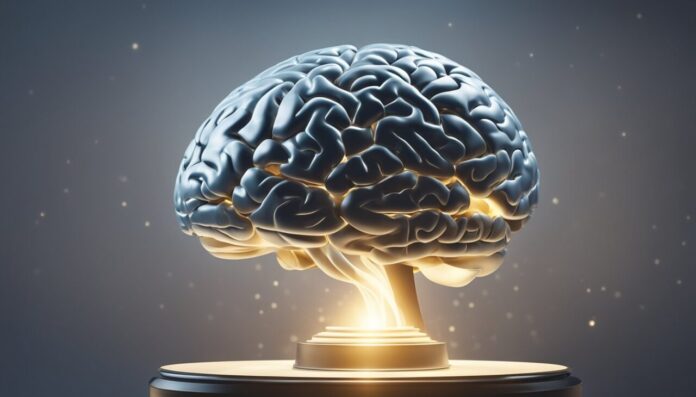
An IQ of 100 is considered average, and anything above 130 is considered gifted.
But what would an IQ of 500 or even 1000 look like?
It’s difficult to imagine, considering only several people in the world scored around 200.
So if someone were to have an IQ of 500 or 1000, they would possess an exceptional ability to process information and solve complex problems.
They would be able to learn and understand new concepts incredibly fast, and their memory retention would be absolutely superb.
However, they would most likely also be severely depressed and isolated.
Many high-IQ people struggle to fit in society and someone with an IQ of 500 would have even bigger challenges.
Most likely, that hypothetical person would live alone or even in some kind of institution.
Because, while IQ is certainly a gift, it is also a burden if it is too high.
A good analogy would be the height of a person.
Namely being relatively tall is considered desirable, however, extremely tall people (e.g. 250 centimeters or 8 feet and 2.4252 inches) lead very challenging lives in most cases.
They can’t find proper clothes, they struggle to find partners and their health suffers in many cases.
So the same would happen to person who has an extremly high IQ.
Nonetheless, join us in this article where we will explore all the possibilities and challenges of a hypothetical person who has IQ of 500 or even 1000.
But before starting let’s first define IQ.
Interesting fact: Most agree that the highest IQ score in history belongs to William James Sidis, with an estimated IQ between 250 and 300.
Defining Intelligence Quotient (IQ)

Intelligence Quotient, commonly known as IQ, is a measure of a person’s cognitive abilities. It is a numerical score derived from standardized tests that assess various aspects of intelligence, including problem-solving, spatial perception, memory, and language.
IQ tests are designed to measure a person’s intellectual potential, and the scores are often used to predict academic and professional success.
One of the most common methods used to calculate IQ is by comparing an individual’s performance on these tests to the performance of others in the same age group.
Here’s a simplified explanation of how it works:
- Test Administration: A person takes a standardized IQ test, which consists of various tasks and questions that assess different aspects of cognitive abilities such as logical reasoning, problem-solving, verbal comprehension, and visual-spatial skills.
- Scoring: Each question in the test is assigned a certain point value based on its difficulty level. When the test is completed, the total number of correct answers is tallied up to determine the raw score.
- Normalization: Raw scores alone aren’t enough to determine someone’s IQ because different tests might have different scales and difficulty levels. To compare scores accurately across different tests, the raw score is normalized using statistical methods. This process adjusts the score to account for differences in difficulty and ensures that scores from different tests can be compared on a common scale.
- Standardization: The normalized scores are then converted into a standard scale with a mean (average) score of 100 and a standard deviation of 15 or 16, depending on the specific test. This means that most people will have IQ scores between 85 and 115, as the majority of the population falls within one standard deviation of the mean.
- Interpretation: Once the standardization process is complete, the individual’s IQ score is determined. An IQ score of 100 is considered average, with scores above 100 indicating above-average intelligence and scores below 100 indicating below-average intelligence. The further away from 100 the score is, the more significant the deviation from the average intelligence level.
Okay, so now let’s do a calculation of a hypothetical person scoring an IQ of 200. Namely, an IQ of 200 is still in the realms of possibility, while 500 or 1000 is beyond any realms of possibility as we will see by the end of this article.
Calculating IQ of 200
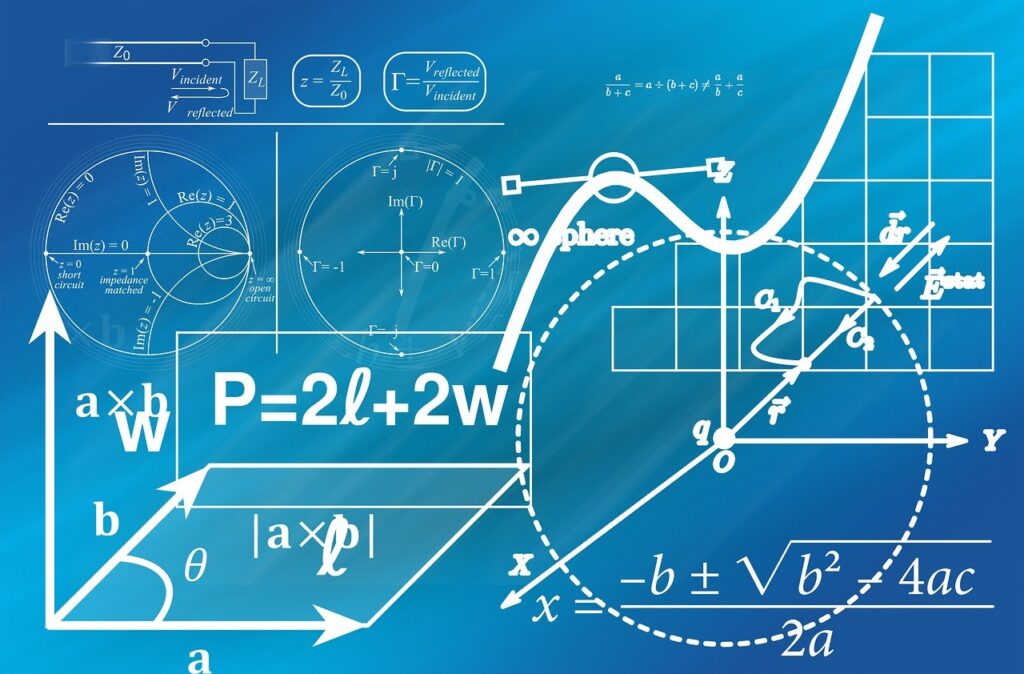
So, we have a very smart hypothetical person. Let’s call him Joe.
Joe finished his test. What now?
Let’s see.
Below is the full breakdown of the process:
- Raw Score Calculation: Let’s say this individual achieves a raw score of X on the IQ test.
- Normalization: The raw score X is adjusted to account for differences in test difficulty and ensure comparability with scores from other individuals who took the same test. This process involves statistical adjustments.
- Standardization: Once normalized, the score is converted into a standard IQ scale. This involves transforming the raw score into a score that has a mean (average) of 100 and a standard deviation of about 15 points.
The formula for standardizing scores is:
IQ = 100 + 15 × (X − Mean of Raw Scores / Standard Deviation of Raw Scores)
In this formula:
- IQ represents the standardized IQ score (in this case, 200).
- The mean of raw scores is typically set at a specific value (e.g., 100).
- The standard deviation of raw scores is a measure of how scores are dispersed around the mean.
We rearrange the formula to solve for X:
X=Mean of Raw Scores+ ( IQ – 100 / 15) × Standard Deviation of Raw Scores
Plug in Values: To find the raw score X corresponding to an IQ of 200, we need to know the mean and standard deviation of raw scores for the specific IQ test in question.
Let’s assume the mean of raw scores is 100 and the standard deviation is 15.
X = 100 + (200 − 100 / 15)×15
X = 100 + (100 / 15) × 15
X = 100 + 100
X = 200
This calculation suggests that to achieve an IQ score of 200, the individual would need to answer a substantial portion of the test questions correctly, likely demonstrating brilliant cognitive abilities across various tasks and domains.
Okay, enough with the math.
Now, let’s talk about probability.
Interesting fact: The first IQ test was developed in 1905 by Alfred Binet and Theodore Simon in France, and it was designed to identify children who needed extra help in school.
Theoretical Limits of Human Cognition
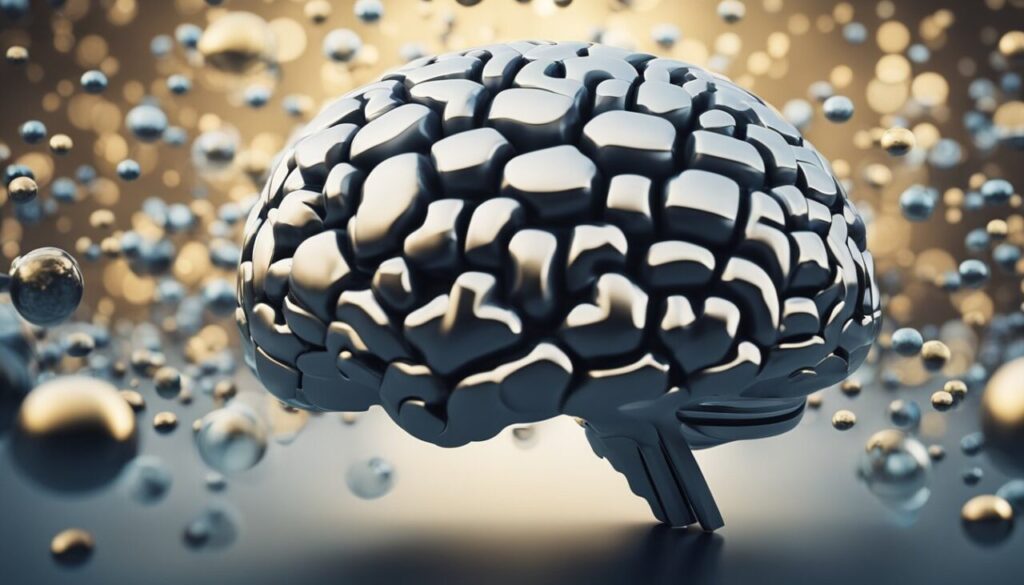
Possibility of 500 IQ in a World of 8 Billion People
Assuming an IQ score is normally distributed with a mean of 100 and a standard deviation of 15, it is theoretically possible for someone to have an IQ of 500.
However, in a world of 8 billion people, the probability of someone having an IQ that high is extremely low.
In fact, it is so low that it is statistically impossible.
To illustrate that, let’s assume that IQ scores follow a normal distribution with a mean of 100 and a standard deviation of 15.
With such parameters, an IQ score of 500 would be over 26 standard deviations above the mean.
And so, the probability of finding an individual with an IQ of 500 from a population of 8 billion people would be infinitesimally small, approaching zero.
Nonetheless, let’s explore the possibilities. Let’s hypothesize what abilities would that imaginary person have.
Interesting fact: In the 1960s, psychologist William Shockley suggested that if intelligence were to continue to increase at the rate it had been, humans would eventually evolve into a species of "supermen" with IQs of 1000 or higher.
Hypothetical Abilities of Extreme IQ
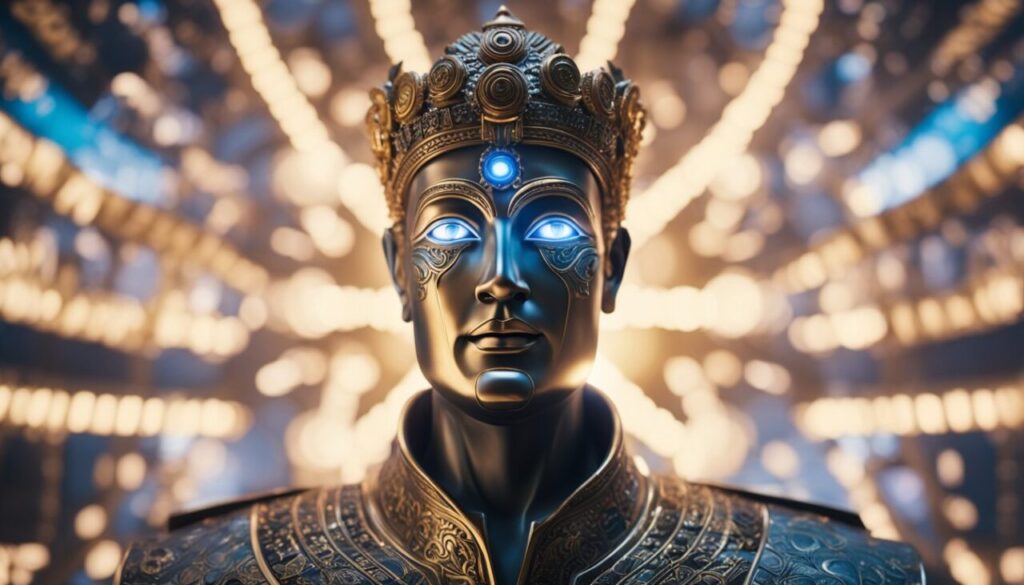
Analytical & Mathematical Skills
Individuals with an IQ of 500 or 1000 would possess exceptional analytical skills. They would be able to process complex information quickly and accurately and would be able to identify patterns and relationships that others might miss.
They would be able to solve problems that are currently considered unsolvable and would be able to make connections between seemingly unrelated fields.
So for example, that imaginary person would probably solve some of the equations that have never been solved.
So one of the equations that has not been solved yet is known as the Riemann Hypothesis.
It was proposed by the German mathematician Bernhard Riemann in 1859, and it relates to the distribution of prime numbers.
Specifically, it guesses that all nontrivial zeros of the Riemann zeta function lie on a certain line in the complex plane.
Many mathematicians tried to solve this equation/problem, however, the Riemann Hypothesis remains unsolved.
But in a world where we have a person (Joe) with an IQ of 500, this equation would be solved very quickly.
If the solution even exists, of course.
Interesting fact: According to a study conducted by the University of Edinburgh, individuals with higher IQ scores tend to have more white matter in their brains, which is associated with faster processing and better communication between brain regions.
Creative Thinking

People with an IQ of 500 or 1000 would also have exceptional creative thinking abilities. They would be able to come up with unique and innovative ideas and would be able to think outside the box to solve many problems.
They would be able to make connections between seemingly unrelated concepts and would be able to see things from multiple perspectives.
They would probably write hundreds of books and science articles just for fun.
Interesting fact: A study published in the journal Intelligence found that individuals with higher IQ scores tend to have more diverse and unconventional interests, which may contribute to their creative thinking abilities.
Memory Capacity
Individuals with extreme IQs would also have exceptional memory capacity. They would be able to remember huge amounts of information quickly and accurately and would be able to recall it with ease.
They would be able to learn new languages and skills quickly and efficiently, and would be able to retain information for long periods of time.
For example, a 500 IQ person would be able to read and memorize a 100-page book in 30 minutes.
For reference, the average reader takes about 3-4 hours to read 100 pages.
Inventions
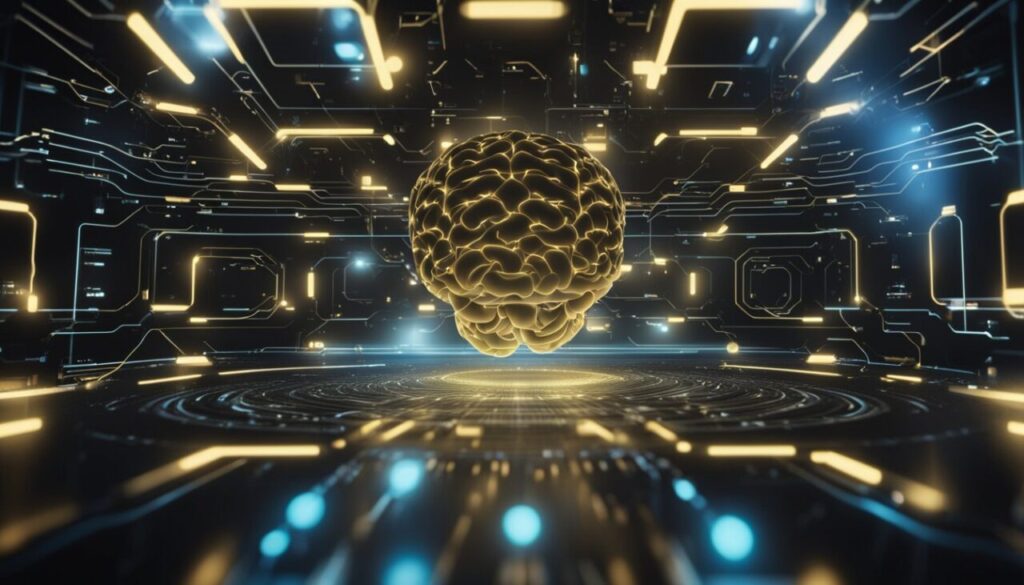
People with an IQ of 500 or 1000 would also be able to invent new technologies and devices that would revolutionize the world.
They would be able to come up with new ideas for renewable energy, space exploration, and medical advancements, among other things.
They would be able to design and build complex machines and systems and would be able to solve problems that are currently considered unsolvable.
Oh yeah, and most likely they would help achieve nuclear fusion power in a matter of months.
Interesting fact: Many of the world's most famous inventors, including Thomas Edison and Nikola Tesla, are believed to have had exceptionally high IQs.
Solving World Problems
Individuals with extreme IQs would be able to solve some of the world’s most pressing problems, such as climate change, poverty, and disease.
They would be able to come up with creative solutions to those problems and would be able to work with others to implement those solutions.
They would be able to see the big picture and would be able to identify the root causes of problems.
Doing Complex Simulations in Head
People with an IQ of 500 or 1000 would be able to do complex simulations in their heads, without the need for computers or other devices.
They would be able to visualize complex systems and processes and would be able to make accurate predictions about how those systems would behave under different conditions.
They would be able to use this ability to solve complex problems and design new technologies.
Interesting fact: A study published in the journal Intelligence found that individuals with higher IQ scores tend to be better at mental rotation tasks, which involve mentally manipulating objects in three-dimensional space.
IQ of 500 Would Not Fit in Society

If a person had an IQ of 500, they would be considered a super genius. However, such a high IQ would come with its own set of problems.
The individual would not be able to fit in society, and there would be no one they could relate to.
Depression
A person with an IQ of 500 would likely be depressed due to their inability to connect with others.
They would be so far ahead of everyone else intellectually that they would have trouble finding common ground with anyone.
This would lead to feelings of isolation and loneliness, which would result in severe depression.
Isolation

A person with an IQ of 500 would be completely isolated from society. Everybody would seem boring to them.
Their rapid cognitive processing and thirst for complex challenges would most certainly lead to a sense of disconnect from conversations and activities they perceive as mundane.
Their unique perspective and ability to understand concepts quickly would make it challenging to find peers who can engage them on their level.
As a result, they would seek out niche interests or solitary pursuits that offer the mental stimulation they crave. Top of Form
From the outside world, they would be seen as a complete outsider.
In the end, this would result in complete isolation and most likely suicide.
Interesting fact: Studies have shown that people with high IQs have fewer friends than those with average IQs. Studies have shown that people with high IQs are more likely to commit suicide than those with average IQs.
Conclusion

In conclusion, an IQ of 500 or 1000 is beyond human comprehension. The current highest recorded IQ is around 230 (depending on measurement type), and even that is considered extremely rare.
It is difficult to imagine the level of intelligence that an IQ of 500 or 1000 would entail.
A person with an IQ of 500 would really seem like a superhuman seen in science fiction movies.
Remember the movie „Limitless“?
In “Limitless,” Eddie Morra, a struggling writer, discovers a mysterious drug called NZT-48, which unlocks his brain’s full potential, allowing him to access every memory, learn new skills instantly, and see patterns in the world around him.
Well, the person with an IQ of 500 would most likely be like Eddie Morra.
But also, as we’ve mentioned, in reality, that person would most likely struggle because of depression.
Many studies showed how geniuses struggle with depression and in many cases end up in complete isolation.
Most likely the same would happen with our imaginary ultra-IQ person.
However, the era of superhumans might come sooner than you’d think.
Who knows, perhaps there are already individuals walking among us with manipulated and enhanced genes, enabling them to possess almost superhuman intelligence.
Technologies like CRISPR will certainly be utilized by wealthy individuals to ensure that their offspring (or themselves) have significantly higher brain capabilities than the average Joe.
Additionally, people will continue to develop so-called smart drugs.
While these are still not even 1% comparable to the famous NZT-48 from the movie, no one knows what will be developed by 2030 or 2050.
We can only hope that, if developed, it will be used for the good of humanity.




















